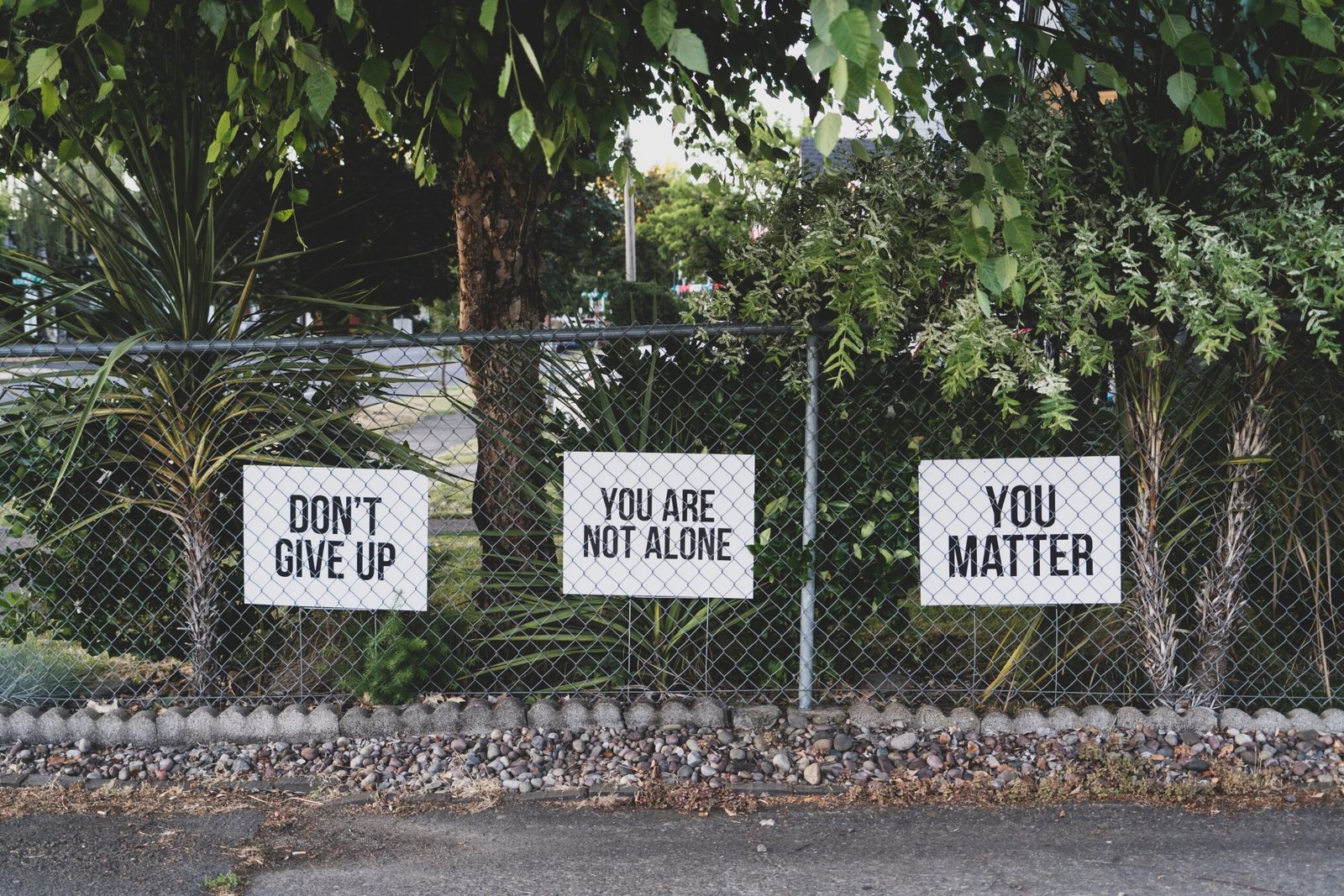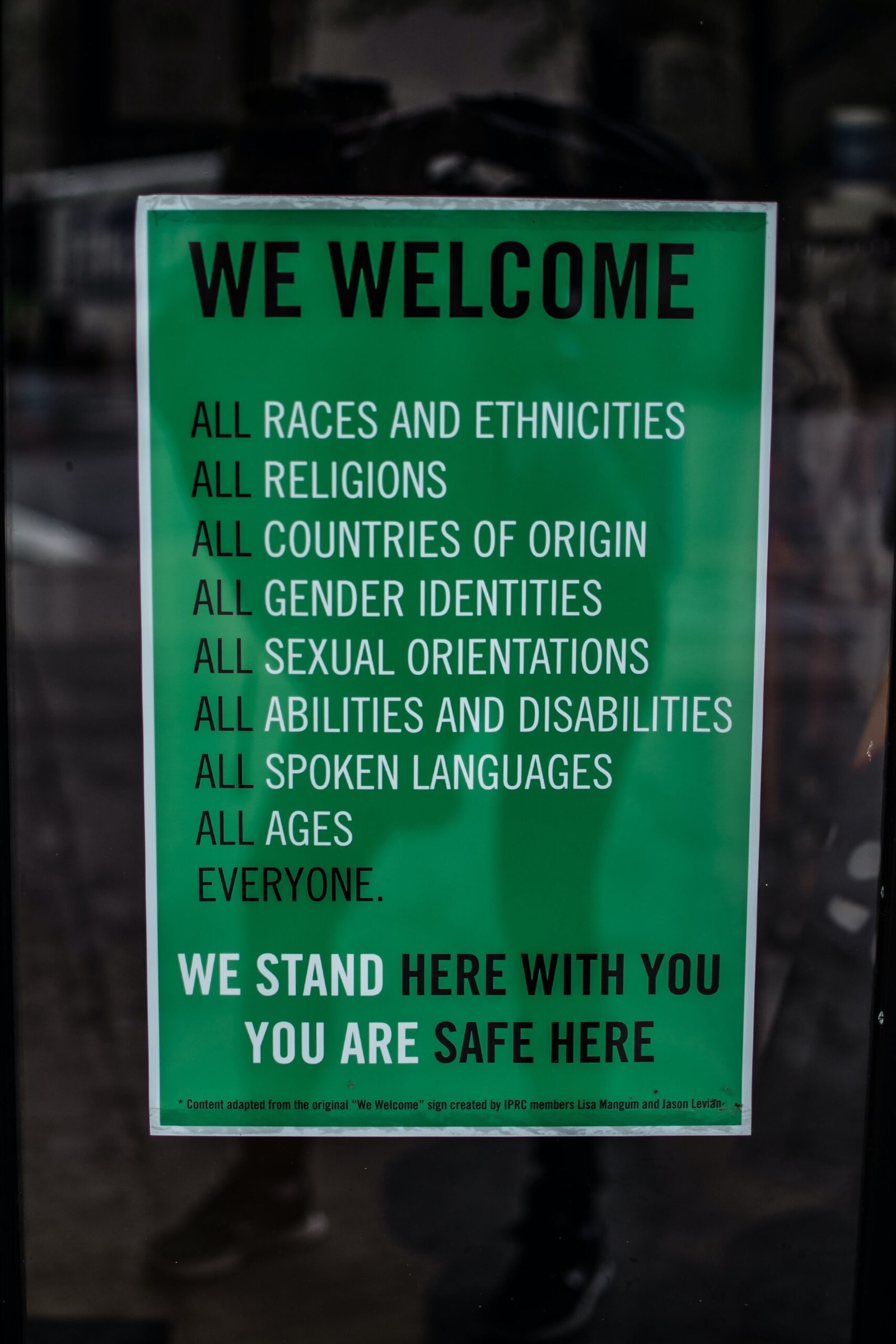Introduction
Living with mental health challenges can be difficult for anyone, but for marginalized communities, the burden can be even greater. In this blog post, we will explore the unique mental health challenges faced by marginalized communities and discuss strategies for understanding and overcoming them. From systemic barriers to cultural stigmas, we will delve into the factors that contribute to these challenges and provide actionable steps to support mental well-being.
The Reality of Mental Health Challenges
Did you know that individuals from marginalized communities are more likely to experience mental health challenges due to various factors such as discrimination, poverty, and limited access to resources? According to recent studies, members of marginalized communities face higher rates of depression, anxiety, and other mental health disorders compared to the general population.
1. Breaking Down Systemic Barriers
One of the primary challenges faced by marginalized communities is the presence of systemic barriers that hinder access to mental health services. These barriers can include financial limitations, language barriers, and lack of culturally competent care. To address this issue, it is crucial to advocate for equal access to mental healthcare and support initiatives that aim to remove these barriers.
Example:
In many low-income neighborhoods, mental health clinics are scarce, making it difficult for residents to seek help. By advocating for increased funding and resources for mental health services in these areas, we can bridge the gap and ensure that everyone has access to the care they deserve.
2. Addressing Cultural Stigmas
Cultural stigmas surrounding mental health can be particularly prevalent in marginalized communities. These stigmas often discourage individuals from seeking help and perpetuate harmful beliefs. It is essential to promote mental health awareness and education within these communities to challenge these stigmas and foster a supportive environment.
Example:
In some cultures, mental health challenges are seen as a sign of weakness or a lack of faith. By sharing stories of resilience and highlighting successful individuals who have overcome mental health challenges, we can inspire others to seek help without fear of judgment.
3. Empowering Community Support
Building strong community support networks is crucial for individuals facing mental health challenges in marginalized communities. By creating safe spaces for open discussions, organizing support groups, and collaborating with local organizations, we can create a sense of belonging and empower individuals to seek help without shame.
Example:
A grassroots organization in a marginalized community could establish a weekly support group where individuals can share their experiences, seek advice, and find solace in knowing they are not alone. This community-driven initiative can foster a sense of togetherness and provide valuable support to those who need it most.
FAQs
Q: How can I support a friend or family member from a marginalized community who is facing mental health challenges?
A: It is important to listen without judgment, offer empathy, and encourage them to seek professional help. Educate yourself about their specific cultural background to better understand their experiences and provide appropriate support.
Q: Are there any online resources available for mental health support in marginalized communities?
A: Yes, there are several organizations and websites that provide online resources and support for individuals from marginalized communities.
Q: How can we promote mental health awareness within marginalized communities?
A: By hosting community events, workshops, and educational sessions, we can raise awareness about mental health and provide information on available resources. Collaborating with local leaders, schools, and community centers can help reach a wider audience.
Conclusion
Mental health challenges in marginalized communities are complex and require a multifaceted approach to address them effectively. By breaking down systemic barriers, challenging cultural stigmas, and fostering community support, we can make significant strides in improving mental well-being for all. Let us come together and create a society that values and supports the mental health of every individual.
Call to Action
If you found this blog post helpful, please share it with others on social media. Together, we can raise awareness and support mental health in marginalized communities.









